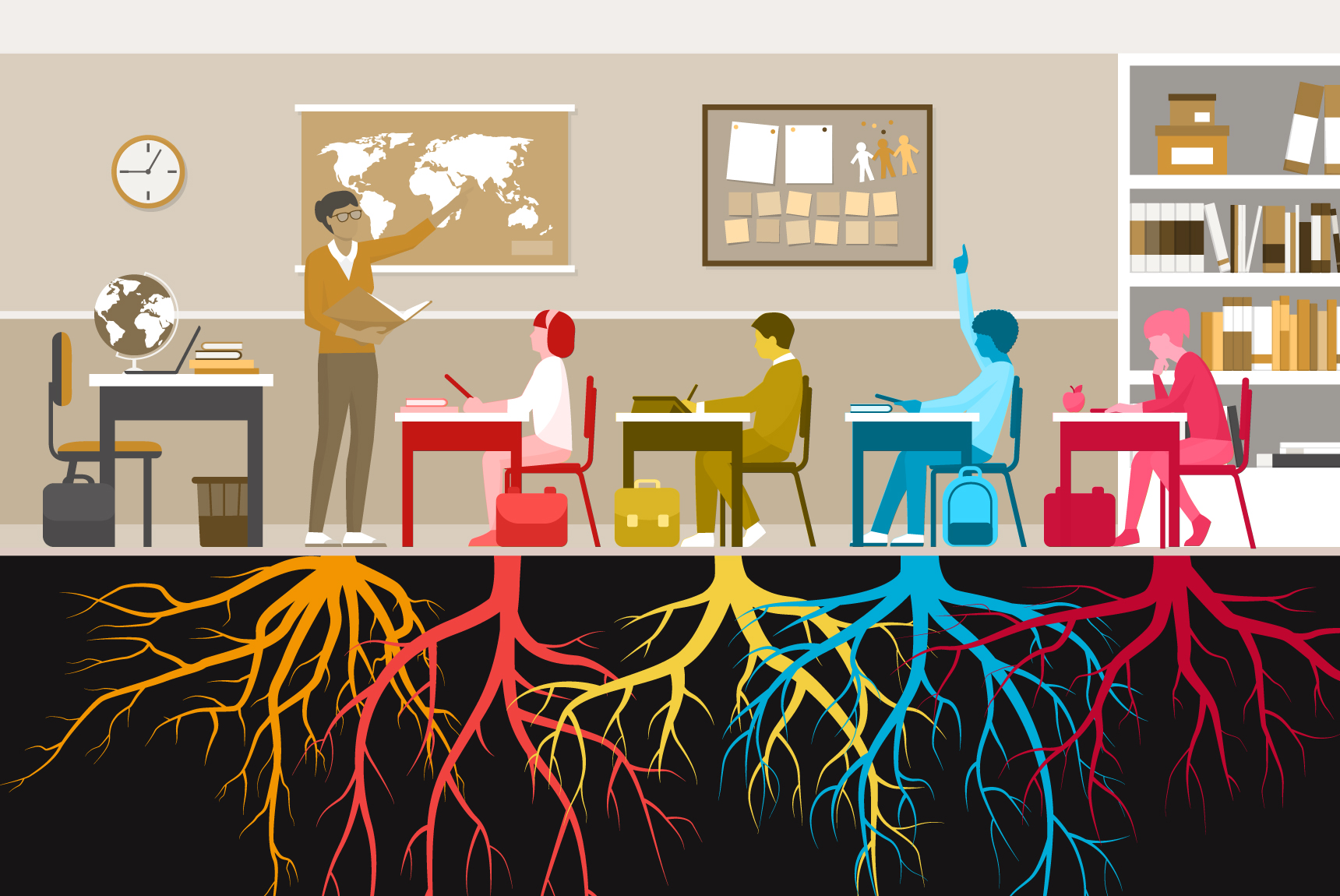Author:
During the session on culturally responsive pedagogy, I reflected deeply on my experiences as both a student and an educator while engaging with the works of Howe, Johnson, and Te Momo (2021) and Joanne Brown’s insights. Brown’s discussion of the Circle of Courage emphasized the interconnectedness of knowledge, relationships, and learning. This made me reconsider how scientific knowledge was presented in my schooling in India, often overlooking traditional and community-based ways of understanding the natural world.
One incident from my schooling that stands out is when we were learning about medicinal plants in a biology class. The curriculum focused on scientific classifications, chemical compositions, and pharmaceuticals applications, emphasizing western medicine as the dominant form of healthcare. However, there was little mention of traditional knowledge systems, such as Ayurveda or traditional healing practices. I recall feeling of a disconnect because in my home and community, elders often relied on herbal remedies and traditional healing practices for common ailments. This knowledge, passed down through generations, was as much a part of science as what we learned in textbooks, yet it was absent from formal education (Howe et al.,2021).
After listening to Joanne’s discussion on Indigenous knowledge systems in Canada made me realize that this marginalization of traditional ways of knowing is not unique to India. In many education systems, scientific knowledge is often presented as objective and universal, dismissing cultural and community-based understandings of natural world. This realization has strengthened my commitment to culturally responsive teaching. As an educator, I aim to incorporate diverse scientific perspectives, including Indigenous ecological knowledge, into mu curriculum. By integrating storytelling, experiential learning, and discussions on multiple ways of knowing, I hope to create a classroom where all students see their cultural knowledge valued alongside mainstream scientific narratives.
References
Howe, E. R., Johnson, S., & Te Momo, F. (2021). Effective indigenization of curriculum in Canada and New Zealand: Towards culturally responsive pedagogies. Journal of Contemporary Issues in Education, 16(1),pp.23-39.

This is a thoughtful and reflective exploration of the marginalization of traditional knowledge in education. You effectively draw connections between your personal experiences in India and broader global patterns of excluding Indigenous ways of knowing. Your commitment to culturally responsive teaching is commendable, and your vision of integrating multiple knowledge systems into the curriculum is both inspiring and necessary.
But, considering the deeply entrenched structures that privilege Western scientific theories, how do you navigate potential resistance from institutions, policymakers, or even students who may view traditional knowledge as less rigorous or unscientific?
Thank you for your story and your insights, Vivek. I like your point that you want to include perspectives from certain minorities from the society or the nation, like indigenous groups, to your curriculum as it helps them link with the dominant culture. I found myself related to your story in terms of how much from my grandparent’s knowledge or information became outdated because they became too old. Time and locations are the major factors of how those things happen. That’s why I think critical mindset is significant in our modern days as we all need to look outside of the box since it becomes to easy nowadays for different cultural groups to interrupt with each other. In the meanwhile, I agree that we need to keep the balance so that we also won’t forget about our own community, which has its own values and strength.
There is great depth of knowledge in traditional healthcare practices that are being lost in the face of western approaches. In addition, western approaches are not holistic and tend to rely too heavily on pharmaceuticals. Your insights on embedding more rich traditional knowledge into the curriculum will value diverse cultural perspectives.